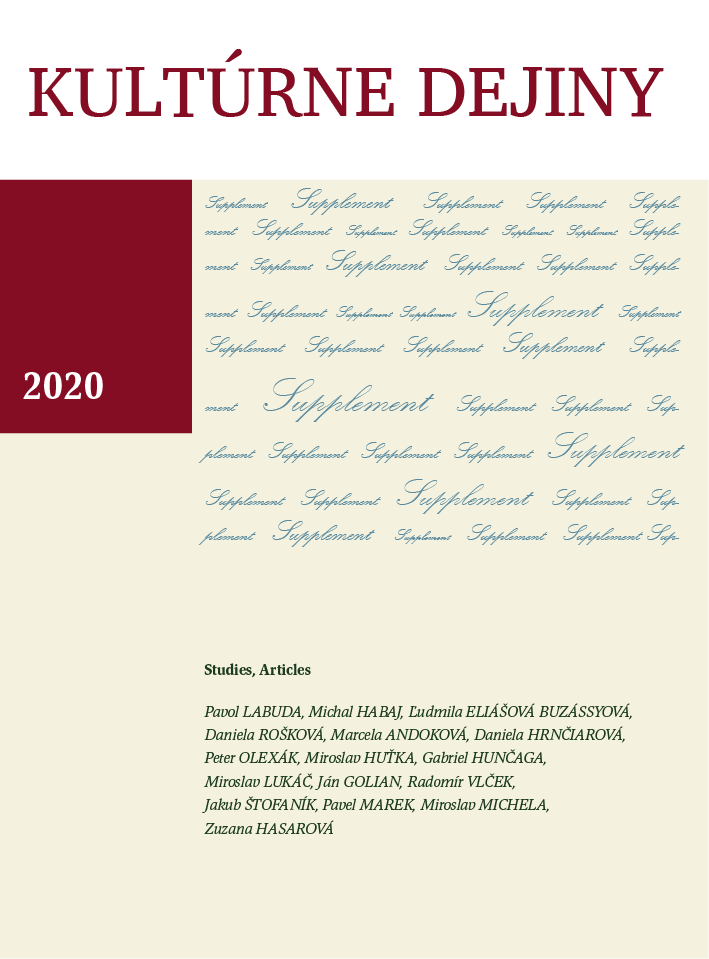O sexuálnej morálke v literatúre Augustovej doby (elégie Sexta Propertia a Sulpicie a IV. kniha Vergiliovej Aeneidy)
Sexual Morality in the Literature of Augustan Rome (Elegies by Sextus Propertius and Sulpicia and Vergil’s Aeneid: Book IV)
Author(s): Ľudmila Eliášová BuzássyováSubject(s): Studies of Literature
Published by: VERBUM - vydavateľstvo Katolíckej univerzity v Ružomberku
Keywords: sexual morality; Roman love elegy; leges Iuliae; pudor; pudicitia; Dido;
Summary/Abstract: This research paper investigates the multidimensional concept of Roman sexual morality, which is primarily embodied in terms of pudicitia and pudor; however, it is also linked to other semantically related terms. While in the beginning, the paper briefly focuses on these traditional – especially feminine – virtues in historical prose (here the author’s attitude is standardly well identifiable), in the following part, it analyses in detail their position in selected works of Roman love elegy. In other words, it highlights the role of these virtues in this controversial and morally ambiguous genre, which is open to unrestrained attitude to sexuality and publicly praises extramarital love. In the context of the past and current literary historical research, the study touches upon the question about the extent to which Roman elegy contradicts Augustus’ ideology and legislation (Leges Iuliae) aimed at promoting marriage, increasing fertility, and restoring the population morale. In addition, it clarifies the ambivalence of Sextus Propertius’ statement about sexual morality; furthermore, it questions the sincerity of Sulpicia’s claim about revealing her own body. The main contribution of this study is the analysis of the concept of sexual morality in Book IV of the epic poem Aeneid by Vergil, this ‘most perfect creation of engaged civic poetry’. It is important to mention that together with Francis Cairns I share a common understanding of Book IV that it is a love elegy incorporated into the epic poem. This Book is particularly the one in which the poet, in a contemporary elegiac mould though; however, from the safe position of the epic narrator interprets the ideological legacy of Augustus.
Journal: Kultúrne dejiny
- Issue Year: 11/2020
- Issue No: Supplement
- Page Range: 43-64
- Page Count: 22
- Language: Slovak

